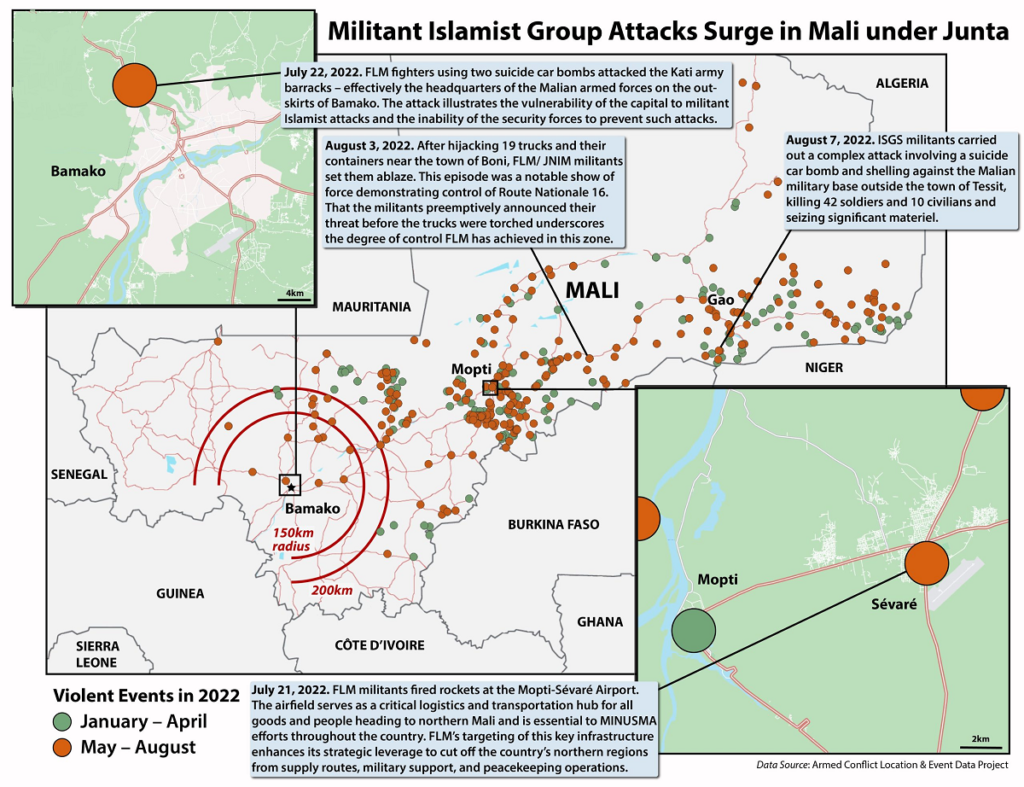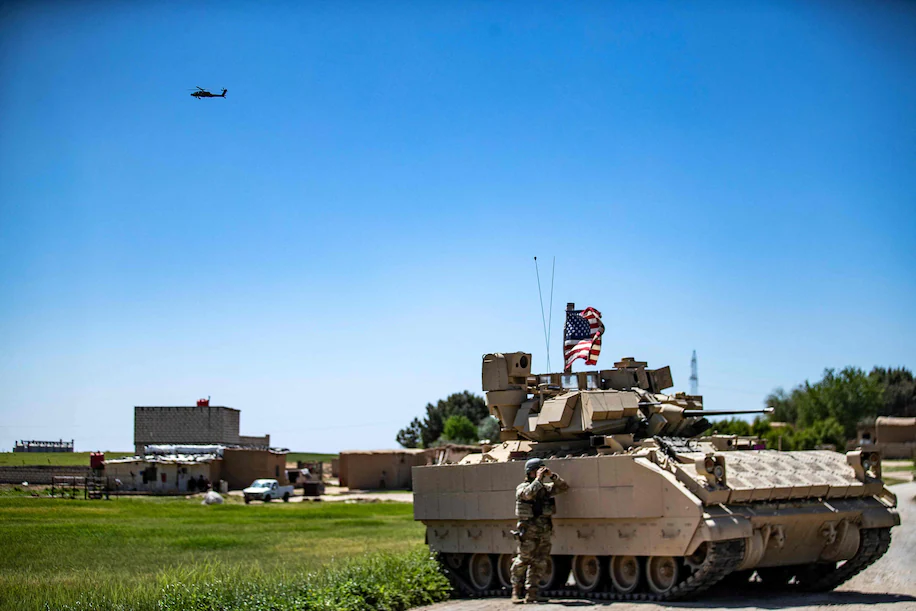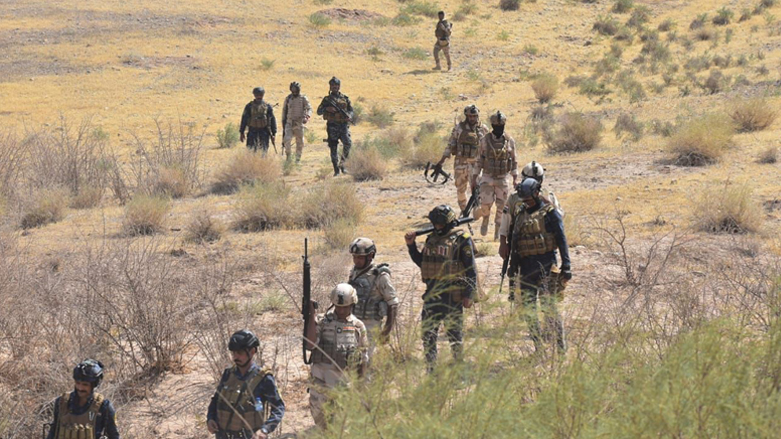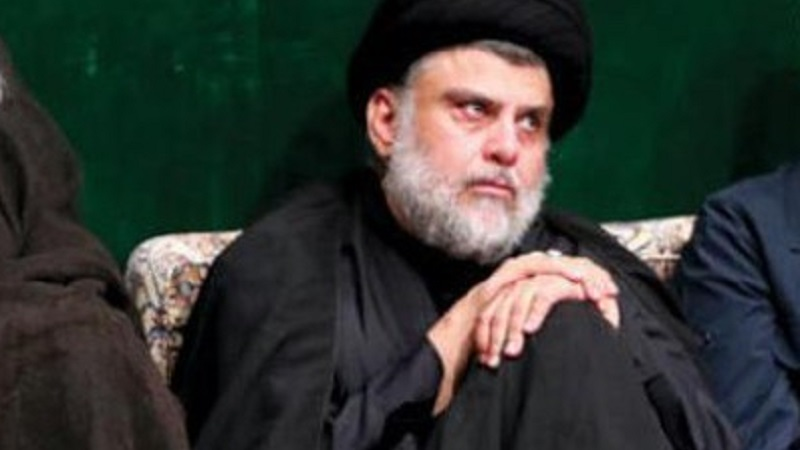Cuando decimos “fin de la abundancia”, ¿de qué hablamos?
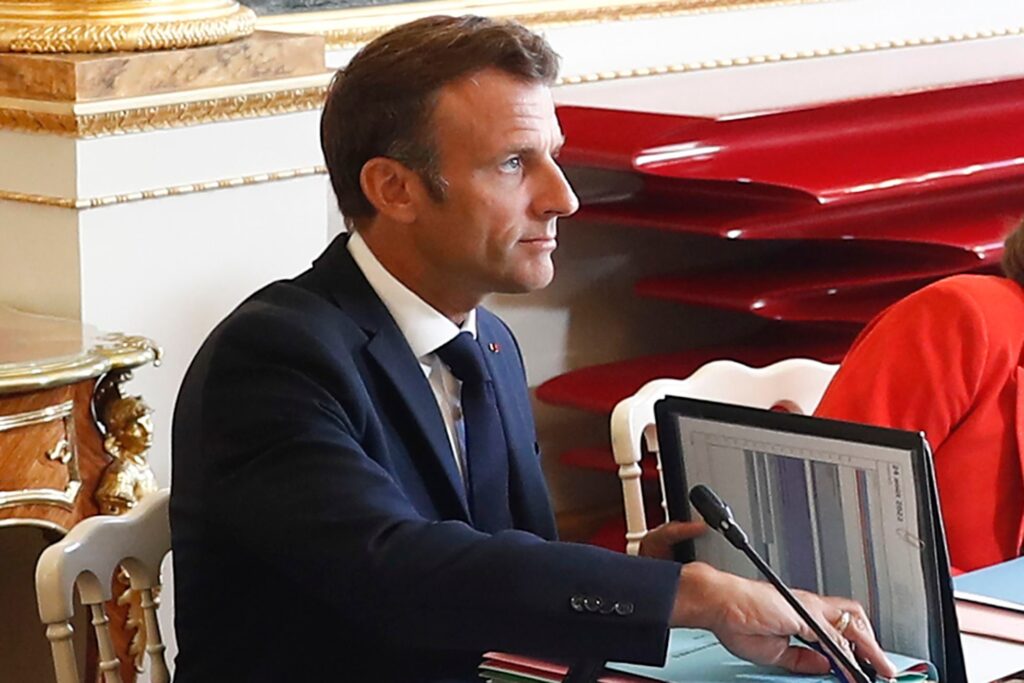
Hemos de agradecer a Macron que rompiese parcialmente el consenso discursivo negador de la realidad que hasta hoy siguen defendiendo las élites económicas, políticas y mediáticas: la abundancia energética y la plétora mercantil son cosa del pasado



